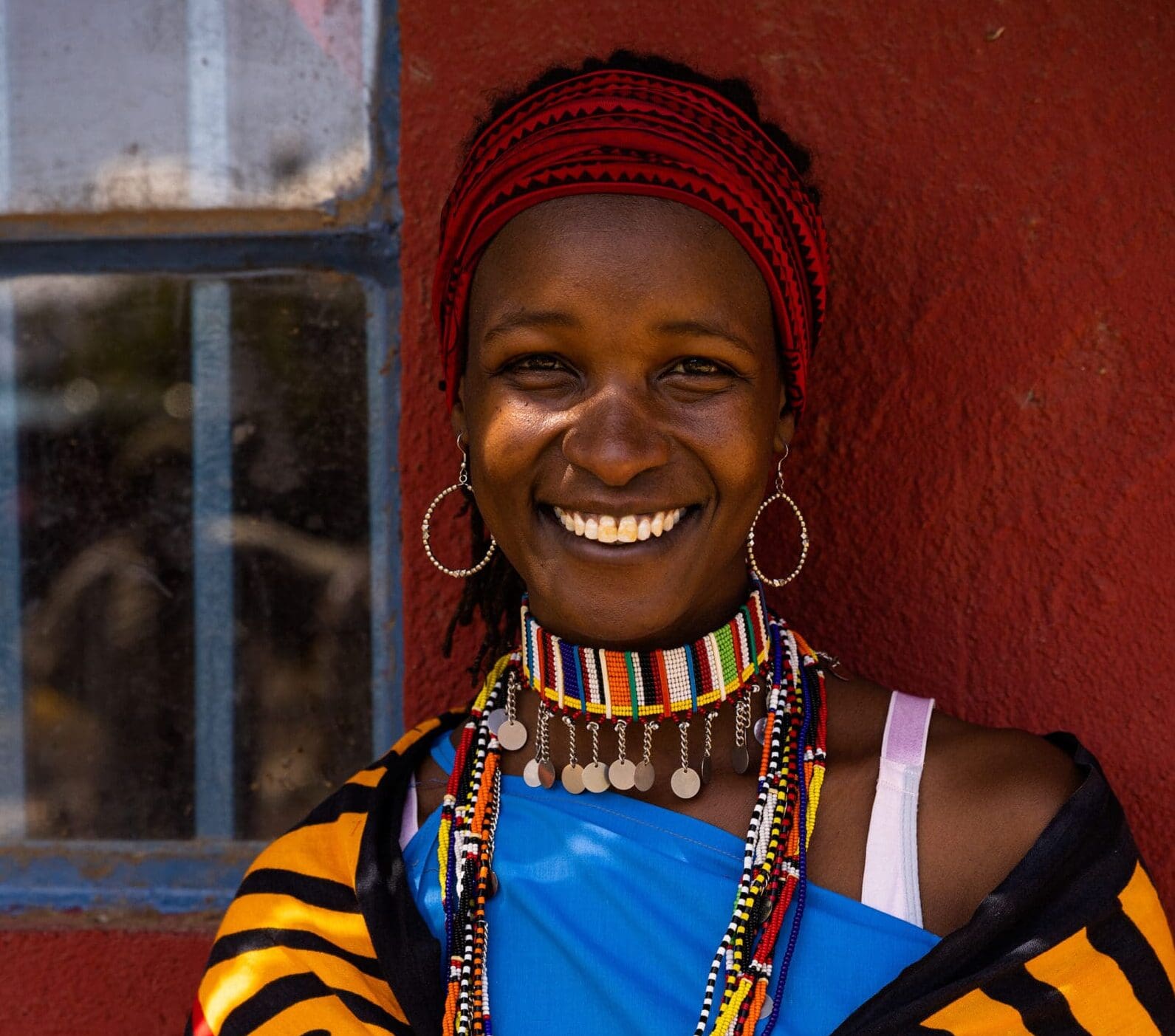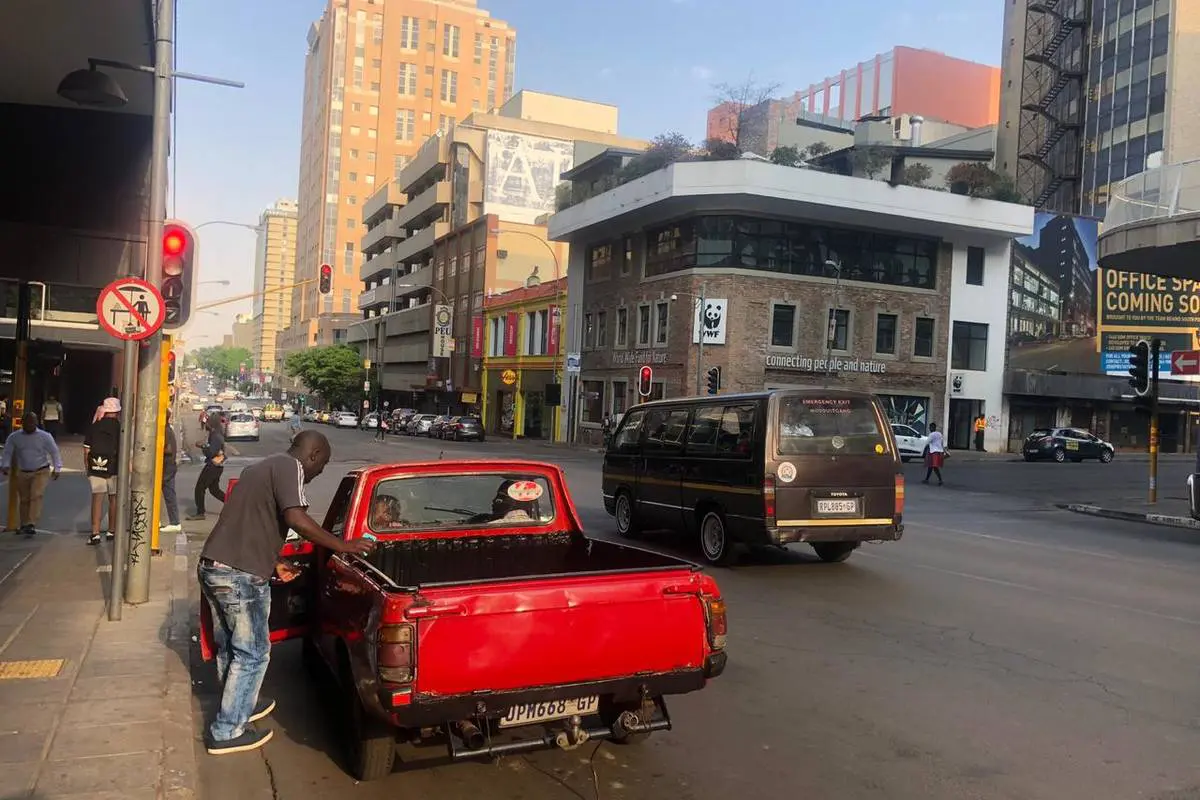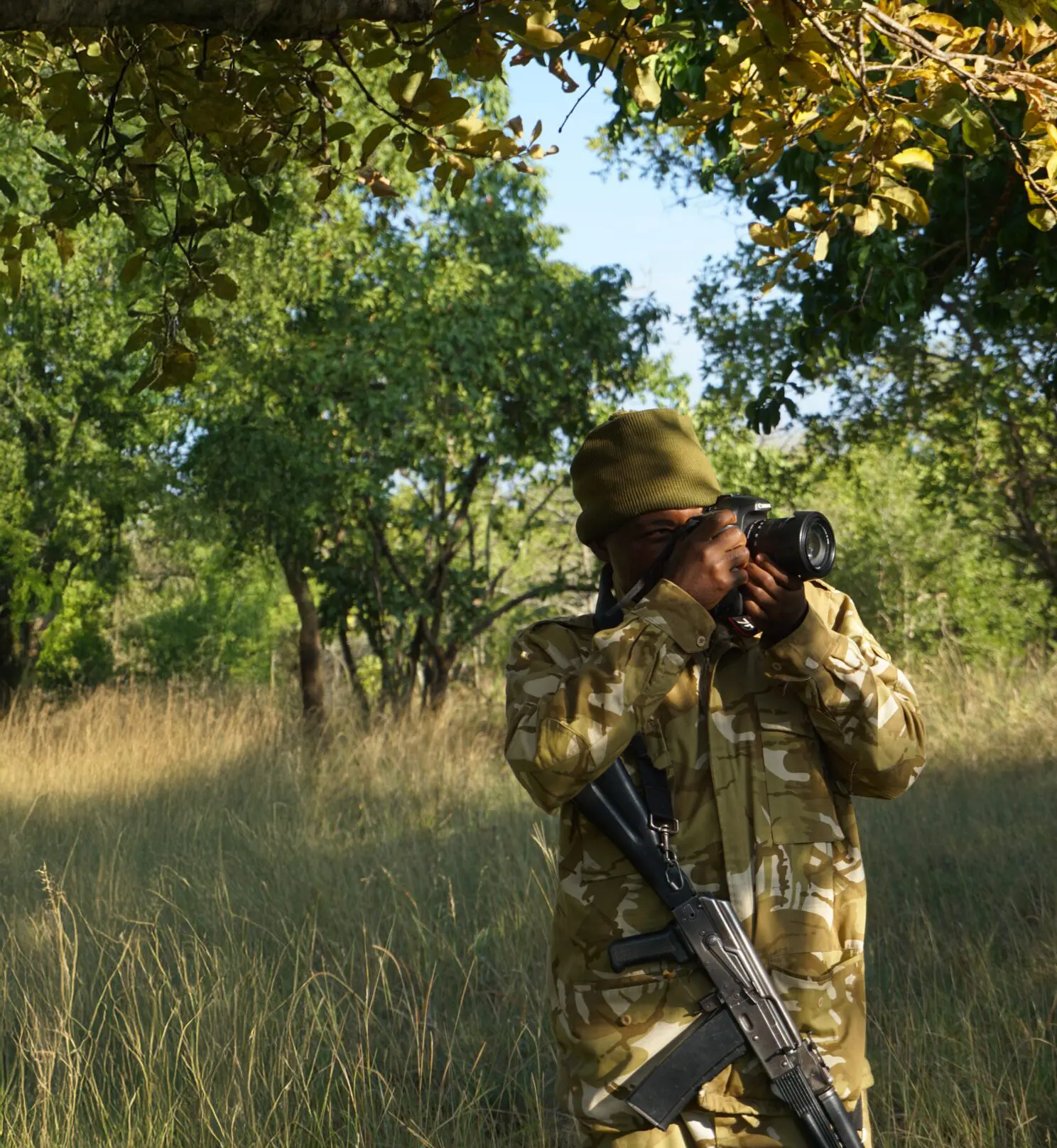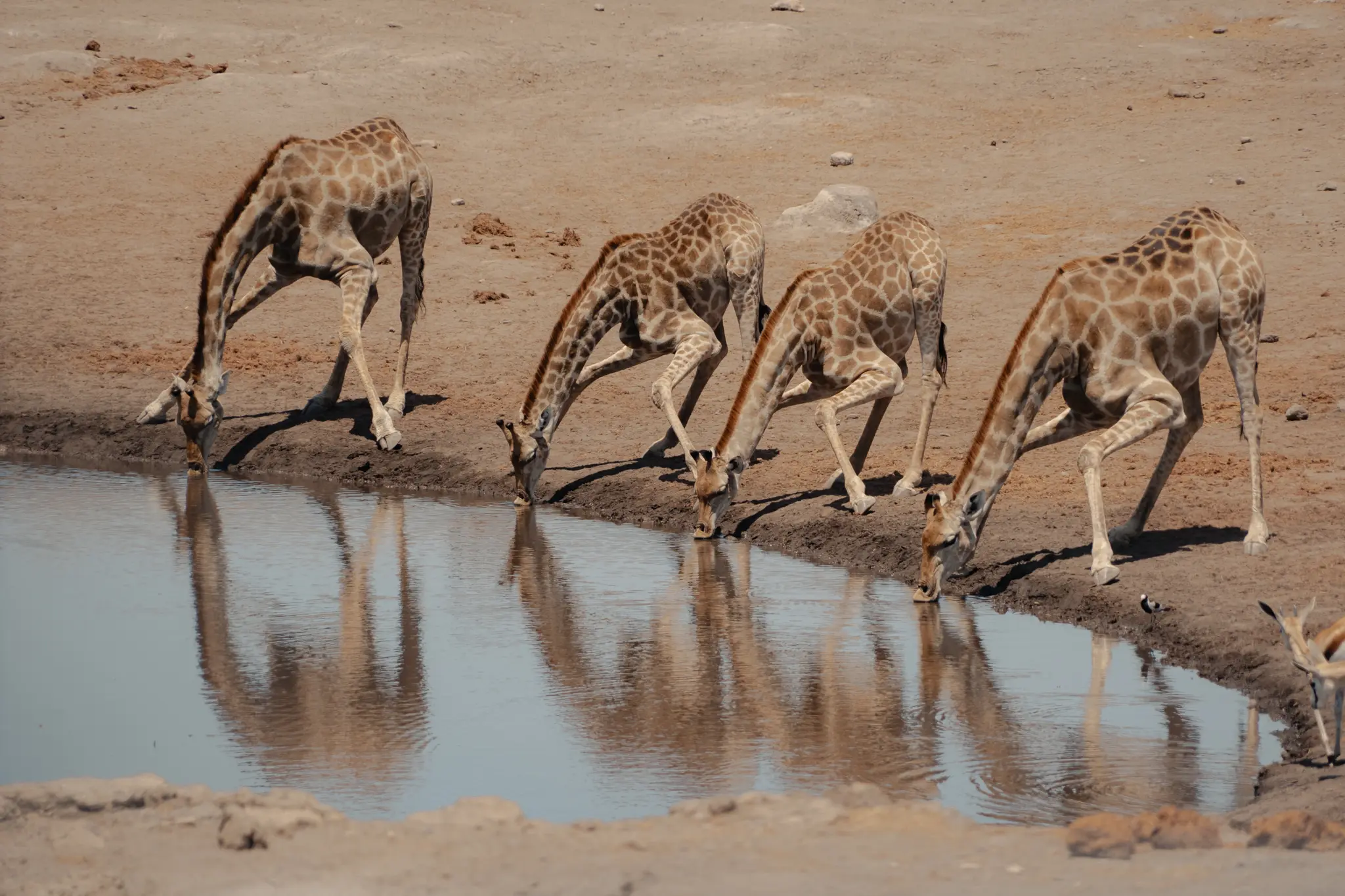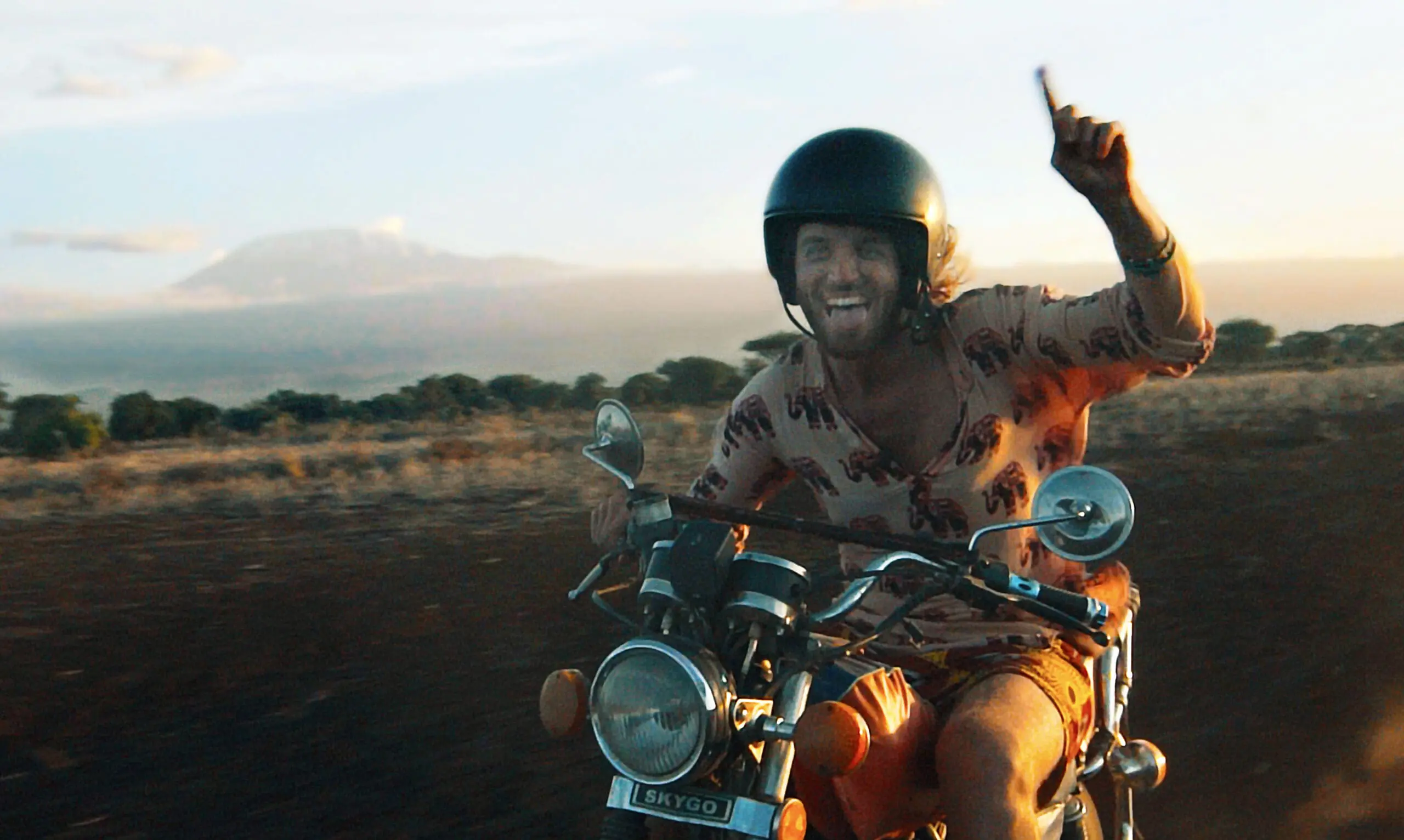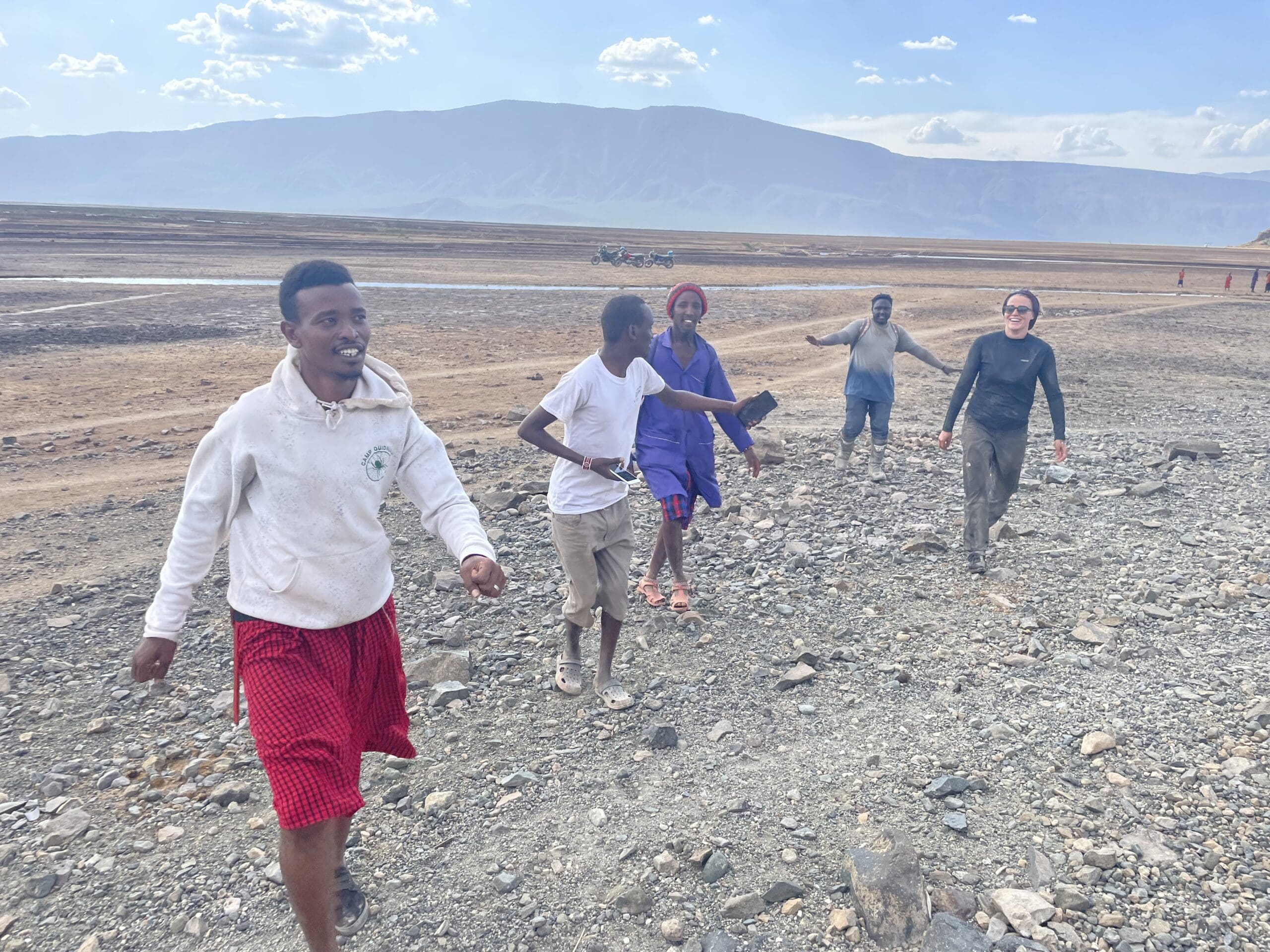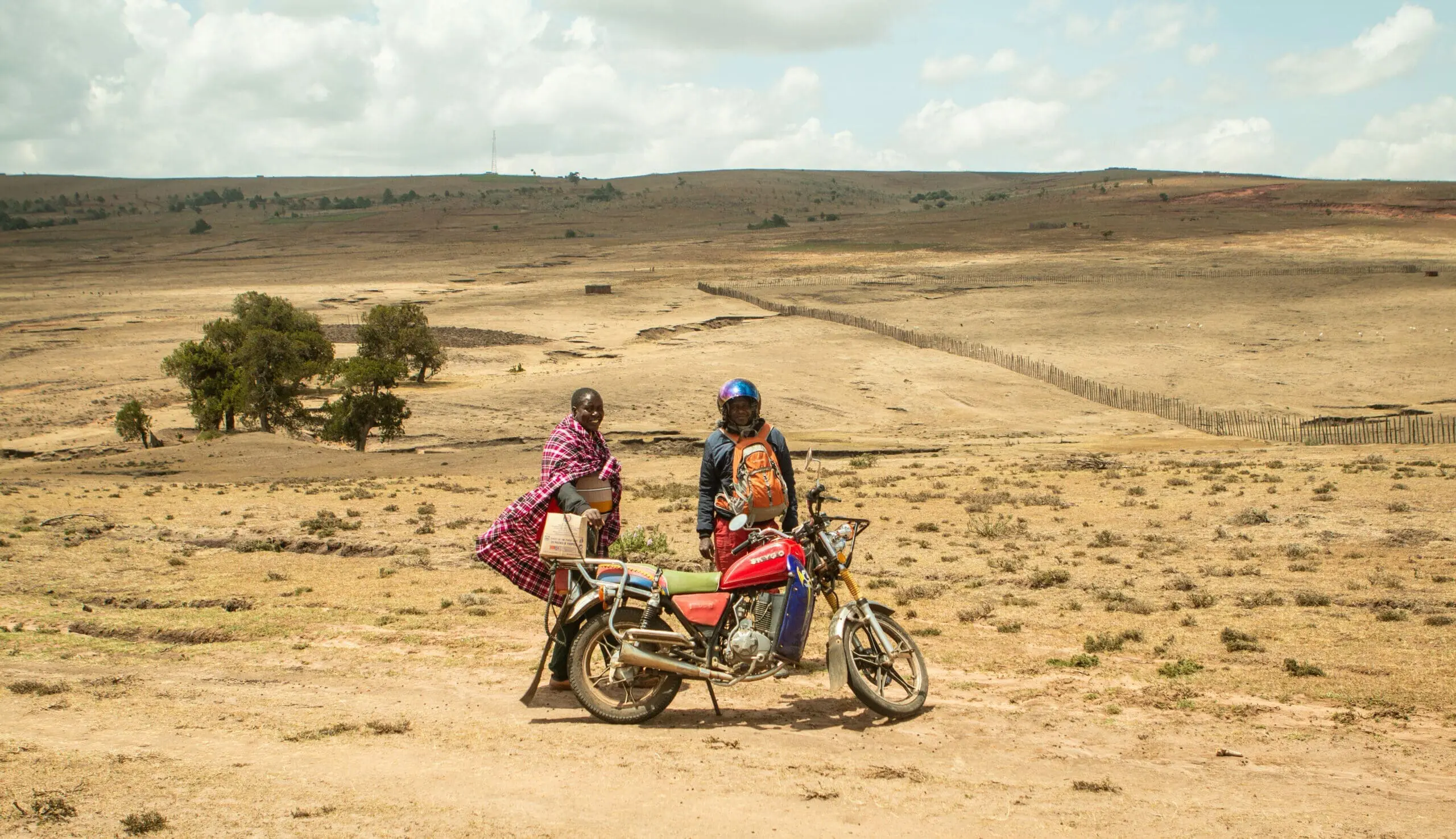Where should I leave my valuables?
Only bring what you need. For example, if you're unsure about taking your laptop, it’s better to leave it at home. The same goes for your expensive watch or that gold ring you inherited from your grandmother. Keep the valuables you do bring as out of sight as possible, so no one can see what’s there to take.
In a country like South Africa, "petty crimes" are relatively common: if a car or house door is left open, there's a good chance someone will check if there's anything to steal. Leaving a few hundred euros in your hotel room is not a great idea, as for most housekeepers, such an amount is astronomical! The same rule applies: make sure no one is tempted to take your money or valuables.
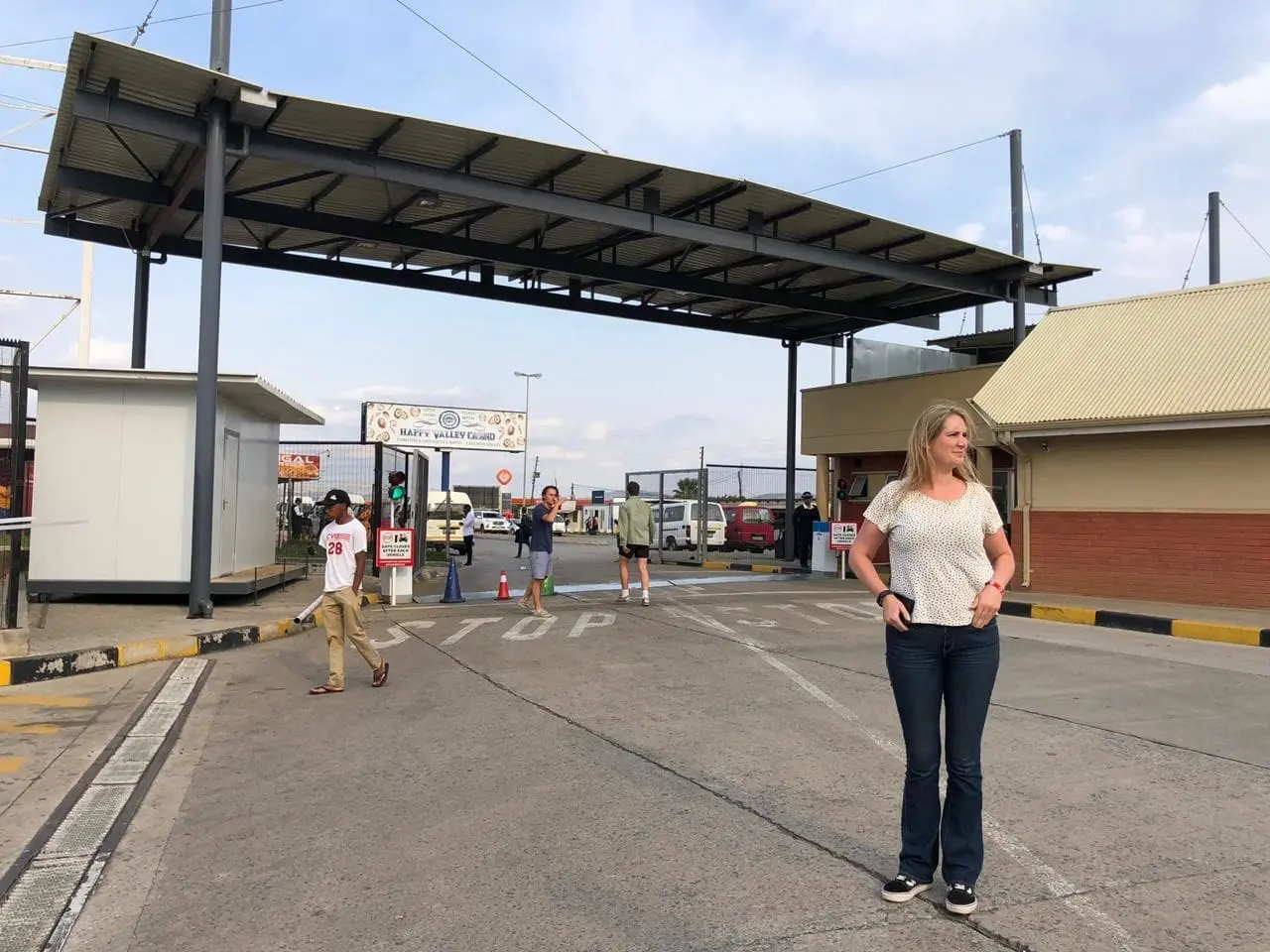
Driving yourself in Africa, yes or no?
Charlie has been driving in Kenya for years, so he's completely used to the traffic here. Is it scary? He finds Dutch roads more frightening. Everything there moves much faster and more fluidly – if something goes wrong, it disrupts the whole system. Here in Africa, it’s the total opposite: everything moves slowly and is a bit chaotic.
Giving and receiving priority is handled between drivers: you stick your hand out the window or make eye contact – everyone is alert and takes others’ mistakes into account. You really need to enjoy driving to get behind the wheel here: then it’s an adventure! If that's not your thing, hire a driver and experience the ultimate holiday vibe.
We want to go on safari – is it safe?
Yes, but as with everything, don't be naive. You’re face to face with wild animals that you don’t want to underestimate. A safari park is not an amusement park: large animals can cause significant harm if they feel threatened. Keep your distance from elephants, rhinos, hippos, and buffaloes – they can also cause serious damage to your car. If you’re camping in the bush, make sure you have a ranger with you! It’s also wise not to take any food into your tent.
How can I make sure I don't get robbed?
The time when Nairobi was known as ‘Nairobbery’ is long behind us. However, there is still a small chance that you might be robbed: in such a case, it’s helpful to just comply. But there are also plenty of small opportunists who will try to get money from you in other ways.
A few tips: never engage in street games like the shell game, don’t show your money before paying, never leave your luggage unattended, don’t give out your personal information to strangers, keep an eye on small beggars, and watch your belongings – both in very crowded places like markets and in quiet back alleys.
What good is the police?
At Charlie’s Travels, we have mixed experiences with the police – let's just say that things often work a little differently in East Africa than in the Netherlands. Many officers are friendly, help guide you, and are supportive when something’s going wrong.
But corruption is also prevalent in East and
South Africa, and you have to be confronted with it a few times to understand how it works. For example, "do you have a cold drink for me" is code for "if you give me a few euros, you can go ahead." If you encounter a corrupt officer, play along with the game, but don’t let them intimidate you with stories about having to go to court. It’s always wise to start low – sometimes, you can get away with just offering a soda!
It’s not just police officers who can be corrupt: even the ticket seller at the bus station, for example, might try to make a profit off your tourist status. Kenya is also known as the land of "Kidogo" ("a little"). You’ll find yourself paying a little everywhere.
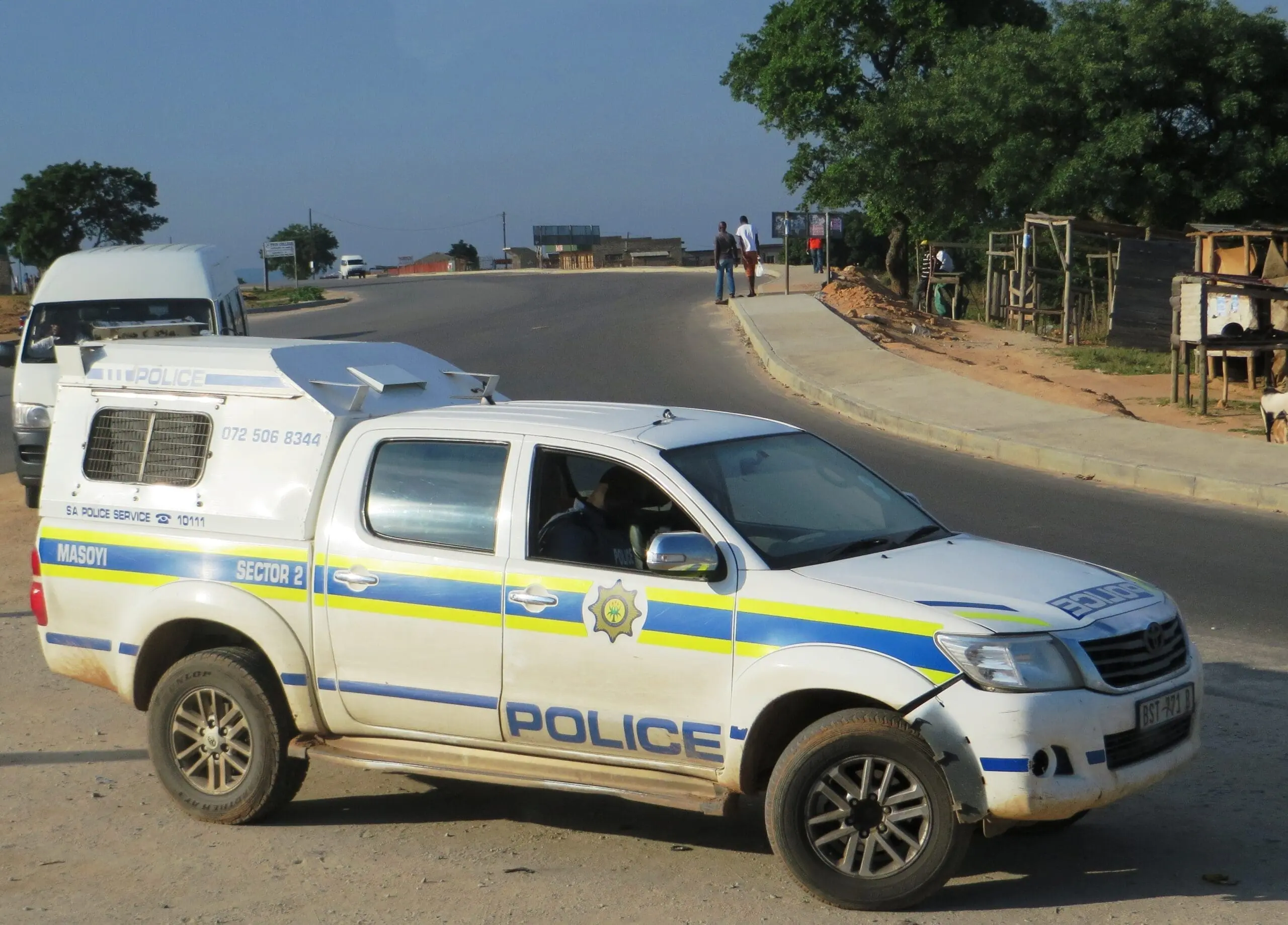
Is it safe to walk the streets at night?
In general, it's unwise to walk the streets at night alone or with just a few people. Many African cities have areas that are poorly lit, increasing the likelihood of being robbed.
However, this doesn’t mean you have to stay indoors after dark. Taxis can take you door-to-door. For example, when we go out in Nairobi, we often use Uber taxis to travel from point A to point B. This has a lot of advantages: you know who your driver is (and have their details afterwards), you don’t need to pay in cash, and you’re dropped off exactly at your destination without being ripped off. Tuk-tuks and ‘boda bodas’ (taxi motorbikes) are also a great option!
Are there any African Mamas around?
For those who still want to take a stroll in the evening, it's helpful to keep an eye out for mothers from the neighbourhood walking the streets as well. These Mamas are not just the mothers of their biological children, but also play a special role in the local community. This Mama will provide guidance, protect you, and take mischievous boys to task with her broom if she gets the chance. Everyone feels this. When you address African women as "Mama", the role dynamic becomes immediately clear!
How do I approach people?
You're on a family trip to engage with different people and cultures. Generally, the people you meet are excited to talk to you, but there will always be some opportunists among those you interact with.
While we can offer specific tips on interacting with people per region, there are some general pointers as well. For example, you'll often get a good sense of who is open to a conversation and who is just trying to make a sale.
It's also important to be mindful of your body language and gestures. Sometimes, you can unintentionally offend someone by shaking their hand (or not shaking it). Additionally, when looking for a shop or an ATM, it's safer to approach someone for help rather than being approached by someone else.
How do I negotiate the price?
You will pay the Mzungu (white) price! Assume that you will always pay more than a local. You have more money, and they know that – the pricing system is often set up accordingly. Don’t be naïve, and always try to haggle the price down. For example, Charlie is no longer seen as a naïve tourist, but he’s still often quoted a price that’s too high. Starting with one-third of the price and sticking to that is often enough – they’ll usually bring it down to half of the original price.
How do I avoid tourist traps?
By booking with Charlie's Travels, of course! With us, you'll go off the beaten path, which means you'll encounter far fewer of the opportunists mentioned earlier. When you travel with us, you're outside the tourist circuit that attracts 'hustlers', 'beach boys', and other profiteers – you’ll have genuine interactions with the people you meet.
Is travelling through African countries really as dangerous as I always hear?
No! That’s a complete misconception that the entire continent has been suffering from for years. In many African countries, people are genuinely kind and take better care of each other than in many Western countries. However, where poverty and wealth meet, opportunists take advantage, so it’s important to use your common sense. Additionally, it’s helpful to get
advice from our experts – they are well-travelled and can share from personal experience what safety precautions they always take. You can also ask your hosts for their thoughts on the local safety situation.
Okay, but what is the biggest risk?
That you scare yourself so much that you ultimately decide to go somewhere else on a family trip! From experience, we know that travelling through East Africa is an amazing experience. Don’t let yourself be put off, and you will undoubtedly suffer from ‘Mal d’Afrique’ – the continent will never let you go.




